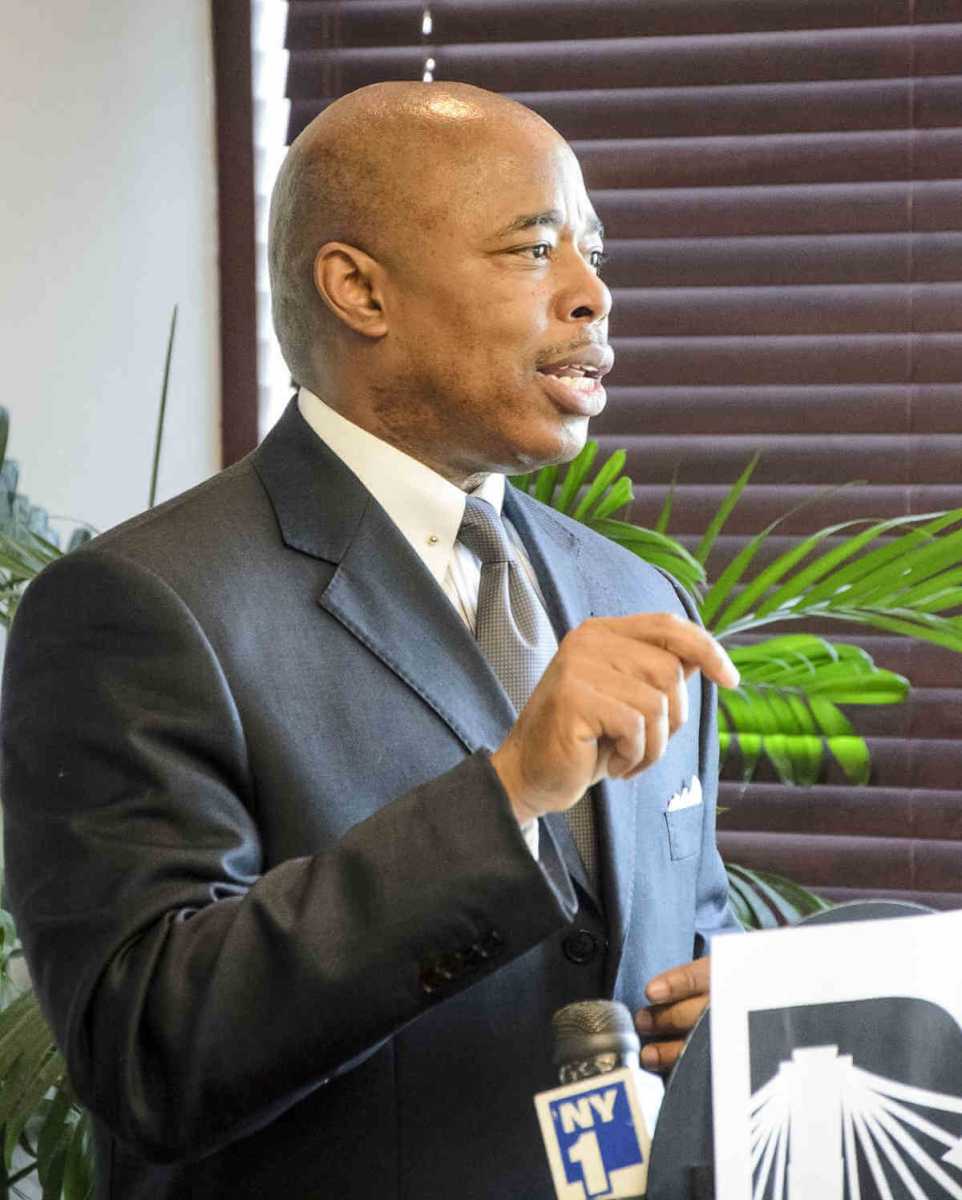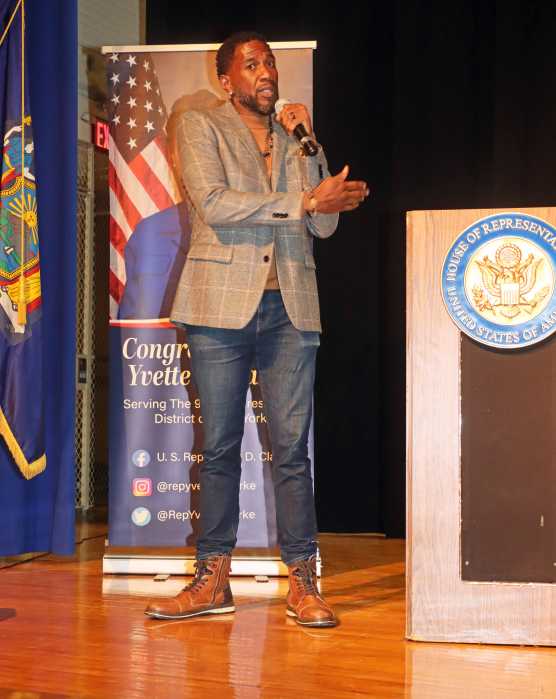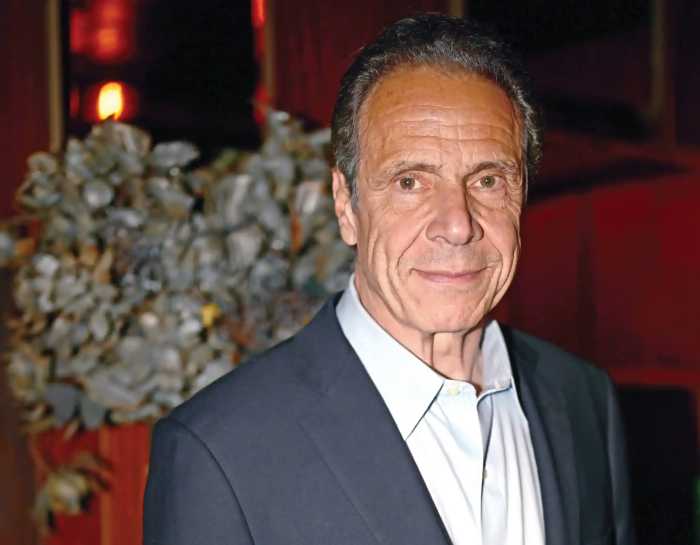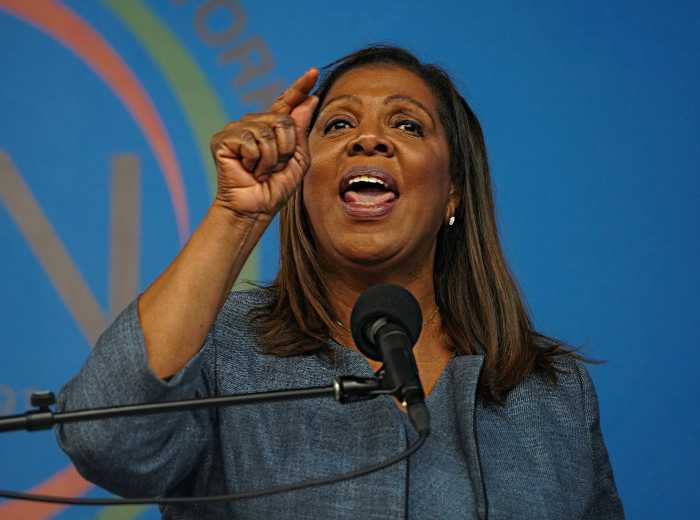“Black Solidarity Day is celebrated to remind the nation of the collective strength and political power of the Black community.” CUNY Newswire Oct. 30, 2014
Created by Panamanian activist Carlos E. Russell in 1969, Black Solidarity Day was created as a demonstration of Black liberation.
Celebrated on the first Monday in November, its genesis was to institute a 24-hour memorial period when Blacks could exercise the impact of their presence.
Inspired by “Day of Absence,” a fictional play by Douglas Turner Ward who envisioned a society void of participation from a resistant segment, Russell, a historian, activist, immigrant and intellectual tailored his Black consciousness day to a myriad of observances.
Russell encouraged pride in Blackness, acknowledgement of power, privilege, oppression and white supremacist view that suppresses Black wealth in America. He also advocated an economic boycott, dissuading shopping, riding the subways or spending money.
Marked by cultural and heritage festivals, initially, students were particularly drawn to the ideals proposed. Intellectuals and activists also embraced the agenda.
Many hosted forums on campuses, discouraged attendance to classes and held a moratorium on capitalist activities deemed business as usual.
In time, the commemoration broadened universally to attract Blacks of every ilk.
Mostly Russell wanted to highlight the disparity between advantaged whites and disadvantaged Blacks.
The historian exposed pervasive racism which he said inhibits fair elevation in corporate enterprises.
The annual commemoration precedes the election of mayors, senators, congressional representatives and presidents on the very next Tuesday.
This year following BSD, Brooklyn Borough President Eric Adams is poised to rewrite history becoming the second successful Black mayoral candidate — since David N. Dinkins emerged the 106th in 1990.
If elected Adams will be the 110th.
A former NYPD captain, he emerged the favorite after a heavily-contested ranked voting primary election he championed over seven worthy Democratic candidates.
Since winning he has been talking proposals to reform the NYPD, re-energize the economy, restore faith in government, implement affordable housing, healthcare, childcare and completely revolutionize the quality of life here.
Adams’ arguments have been mostly rebuffed by Republican rival Curtis Sliwa who describes himself as an avenging Guardian Angel with a proven record of fighting crime in the streets.
Sliwa’s main aim is to “refund the police,” a mantra he adopted against Mayor Bill de Blasio’s advocacy for a “defund the police” program initially proposed by the Blacks Lives Movement after a Minnesota police officer casually pressed his knee against the neck of George Floyd for nine minutes and 29 seconds until there was no more breath in his body.
Sliwa has placed his record on the line repeatedly reminding potential voters that wearing a red beret while patrolling the subways with an army of volunteer Guardian Angels did not deter him for being targeted for murder and shot.
In fact, there’s truth to his assertions.
The ambitious Angel boasts the fact he recruited volunteers willing to walk unarmed through danger zones in the city.
That too is fact.
Most are reformed ex-cons, statistically representative of formerly incarcerated individuals.
Seven other mayoral candidates will be on the ballot – Cathy Rojas, Party For Socialism and Liberation: Skiboky Story, Out Lawbreaker Party; Stacey Pressman, Libertarian Party, William Pepitone, Conservative Party, Fernando Mateo, Save Our City Party, Quanda Francis, Empowerment Party and Raja Flores, Humanity United Party.
Also on the ballot five proposals will be listed for voting – whether or not to Update the State’s Redistricting Process – Entitlements to Clean Environment, Shortening 10-day Voting Registration, No-excuse Absentee Ballot Requests and whether or not to Expand NYC Civil Courts Purview.
Across the river, where avowed “America’s most progressive governor” is seeking another term in New Jersey, Gov. Phil Murphy has been adamant campaigning rhetoric saying “we’re not going back.”
In addition to the handling of Covid-19 pandemic, voters there will have similar concerns to consider before voting.
Which way forward New York?
Nov. 2 is nigh.
Catch You On The Inside!


























